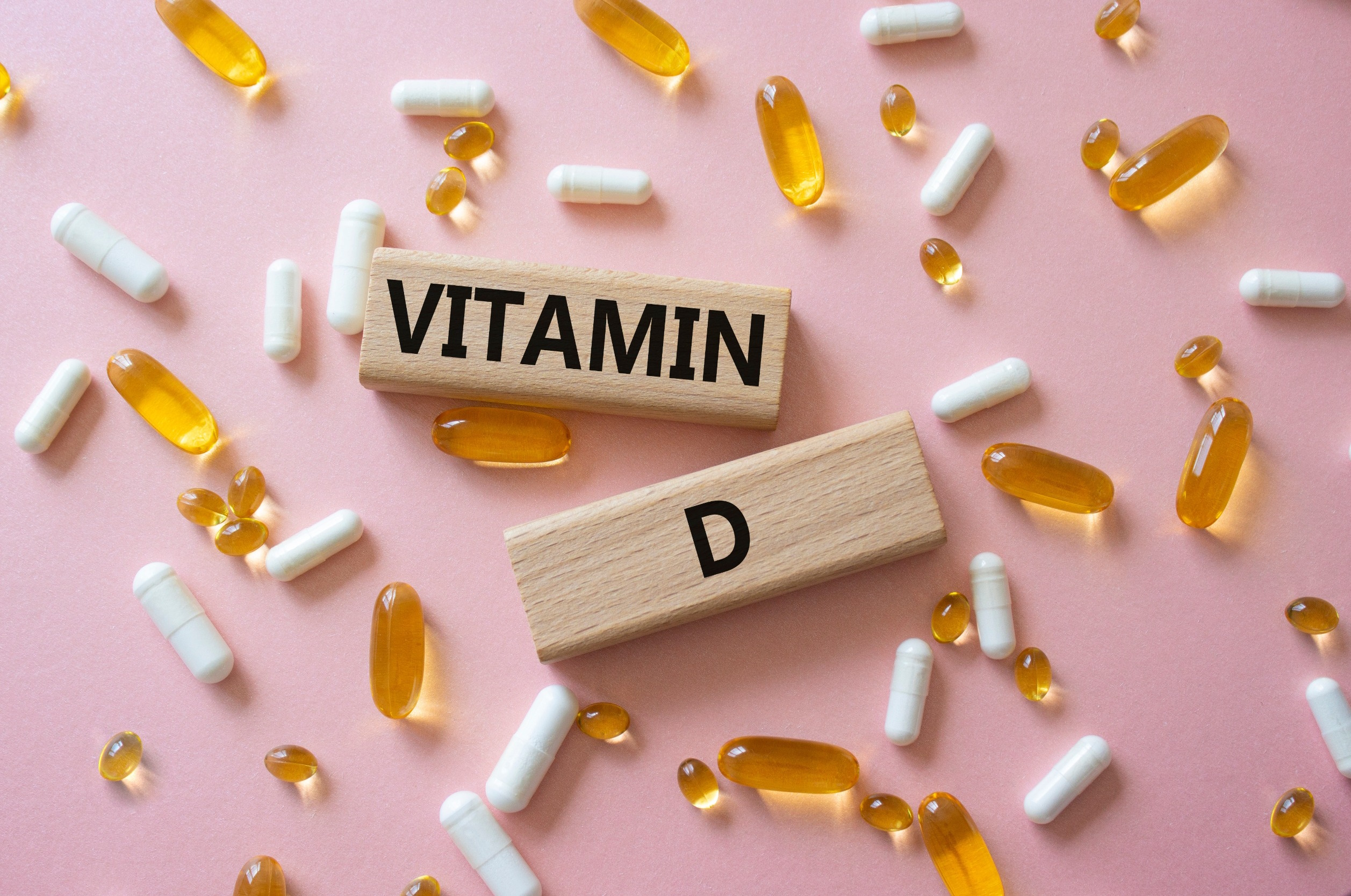How much vitamin D should I take daily? The rules seem to change daily. And is it ok to get it from being in the sun anymore?
If you’re confused on this question, you’re not alone. There are now some new guidelines to help you.
The Endocrine Society issued new guidelines explaining the benefits from testing or supplementing for vitamin D in different populations.
Do I Need More Vitamin D?
In general, 25% of Americans have levels of this vitamin that are too low to support good health and strong bones, said Eating Well.
But new recommendations discourage annual testing for potential deficiency, advising a case-by-case approach.
The body manufactures this essential vitamin from sunlight, but it’s hard to get enough UV exposure thanks to our diligent use of sunscreen to create sufficient amounts.
Some foods contain vitamin D such as egg yolks, mushrooms, and fatty fish as well as fortified products like yogurt, cow’s milk, orange juice, and cereals.
Experts recommend that the daily intake of the vitamin should range from 15 to 20 micrograms (mcg) for people ages 1 to 70 years.
New Guidelines Answer Question of How Much Vitamin D Should I Take
The Endocrine Society outlined its new recommendations in The Journal of Clinical Endocrinology & Metabolism. The panel of experts that developed the updated plan said that unless someone has signs and symptoms of vitamin D deficiency, such as depression or high blood pressure, routine testing isn’t necessary.
• Healthy people under the age of 70 should not take supplements but aim for the 15 mcg of vitamin D recommended by the National Institutes of Health from food sources.
• For those over the age of 70, the new guidelines recommend getting a little more of the vitamin since research has shown it is beneficial at this age and reduces the risk of death for those over 75.
• In addition, children and teens would also benefit by having more vitamin D to prevent bone diseases like rickets and lower the risk of respiratory tract infections. The recommendation for this population is 30 mcg daily.
• Pregnant women need 63 mcg daily to help prevent preeclampsia, stillbirth, preterm birth, small-for-gestational birth, and neonatal mortality.
• For those with prediabetes, the panel of experts suggested that 88 mcg daily could help reduce the risk of this condition developing into full-blown diabetes. Their recommendation is to use a supplement of 25 mcg/day with the additional intake of coming from fortified foods.
The Endocrine Society said that it’s more important to get an adequate daily intake of vitamin D rather than load up on a larger amount less frequently. With all that advice, it’s still important to work with a healthcare professional to ensure that you’re getting the right amount of this vitamin for your age group and health issues.
Click here to get more answers to how much Vitamin D should I Take.






